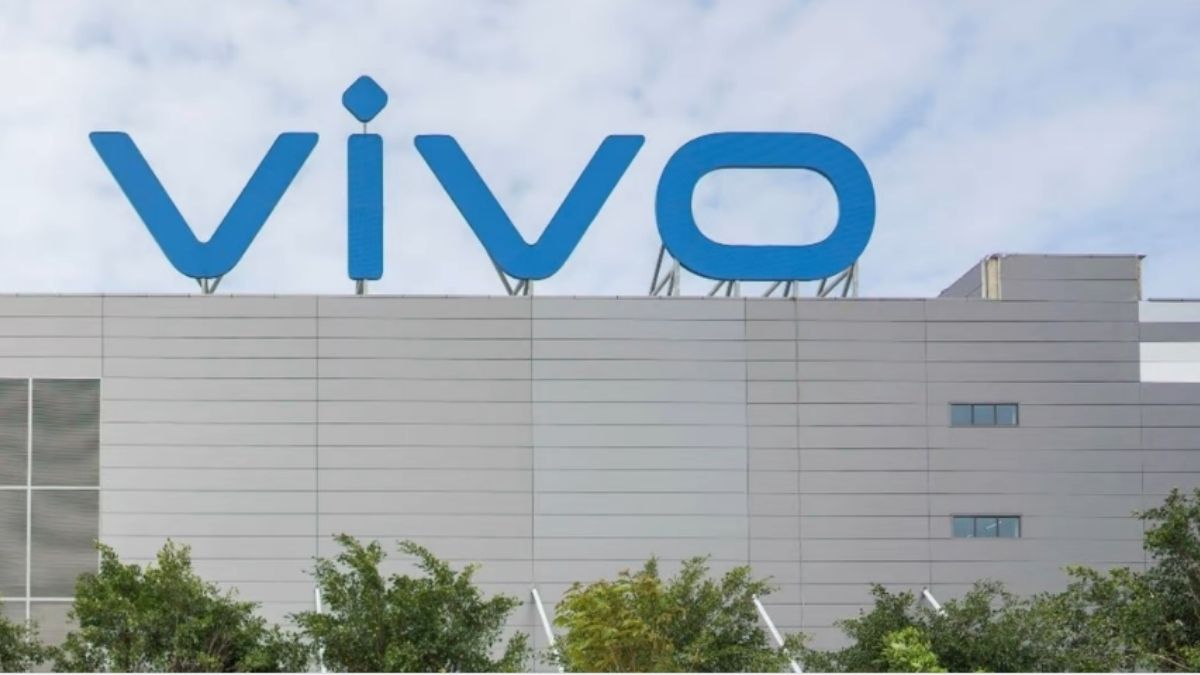Enforcement Directorate’s Probe Reveals Allegations of Massive Financial Subterfuge by Vivo in India
In a major breakthrough in the ongoing money laundering investigation against Chinese smartphone giant Vivo, three top executives, including interim CEO Hong Xuquan, were apprehended by the Enforcement Directorate (ED) on December 23rd. This development follows a meticulous and protracted investigation into allegations of financial irregularities and fraud spanning several years.
The arrested individuals—Hong Xuquan (also known as Terry), Interim CEO of Vivo India; Harinder Dahiya, Chief Financial Officer (CFO); and Hemant Munjal, a consultant—have been detained under the provisions of the Prevention of Money Laundering Act (PMLA). The ED secured a three-day custody for the accused after presenting them before a court.
Earlier arrests in connection with the case include Hari Om Rai, the Managing Director of Lava International, a competing mobile company; Guangwen (Andrew Kuang), a Chinese national; and chartered accountants Nitin Garg and Rajan Malik. All four are currently in judicial custody, facing charges presented by the ED in a special PMLA court in Delhi.
The heart of the investigation lies in allegations of a massive financial subterfuge orchestrated by Vivo, which reportedly siphoned off an astonishing Rs 1 lakh crore from India between 2014 and 2021. The intricate scheme allegedly involved a network of 19 shell companies, established at the direction of Vivo’s Chinese parent company, Vivo Mobile Communication Co., to enable Vivo’s dominance in India, in violation of foreign direct investment rules.
The ED’s probe further exposed that Vivo India remitted nearly Rs 62,476 crore to China, constituting almost half of its turnover, purportedly to evade taxes in India. This revelation raises serious concerns about India’s economic sovereignty, prompting authorities to scrutinize the financial practices of multinational corporations more closely.
The agency’s investigation also unveiled a pattern of alleged deceit, including using forged documents and falsified addresses. Notably, Grand Prospect International Communication Pvt. Ltd. (GPICPL), one of the companies under scrutiny, reportedly utilized government buildings and a senior bureaucrat’s residence as its registered addresses.
The scope and scale of the alleged financial irregularities have drawn significant attention, with far-reaching implications for India’s economic interests. As the case unfolds, the ED is delving deeper into the intricate web of transactions and corporate structures established by Vivo and its associates.

